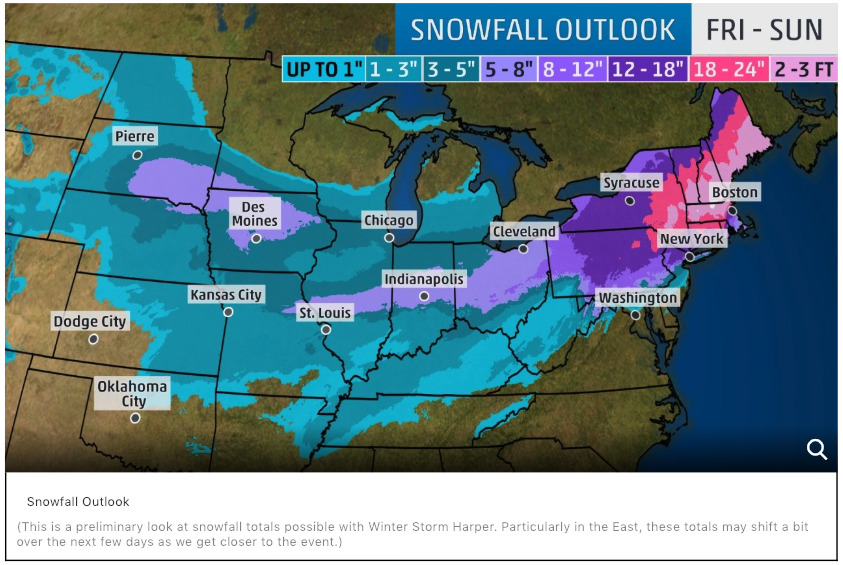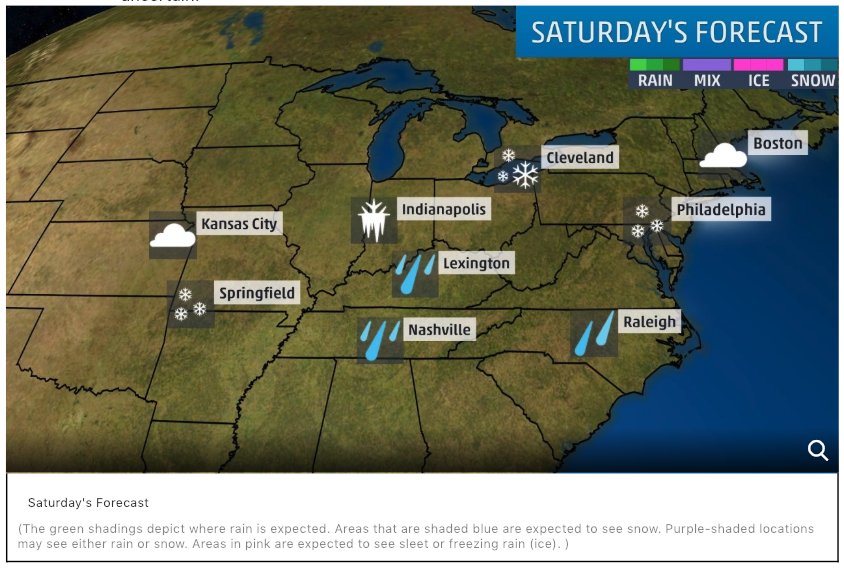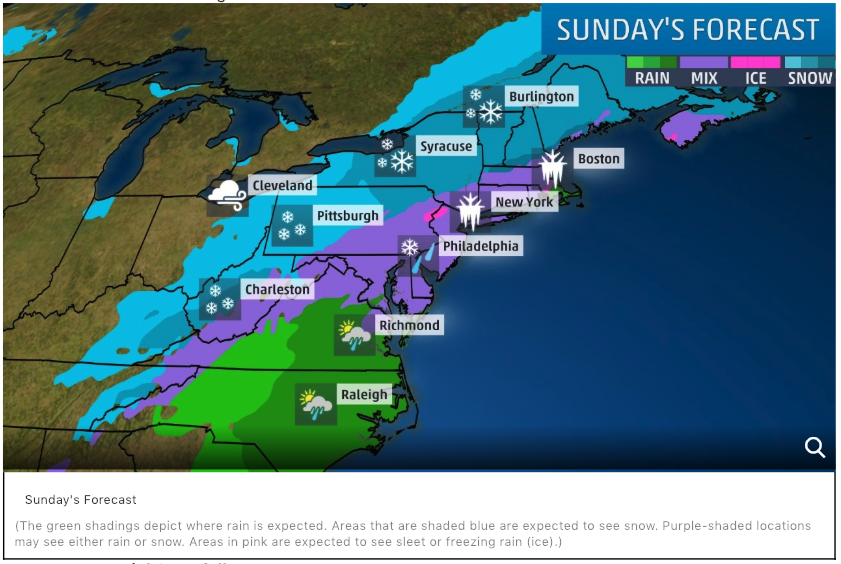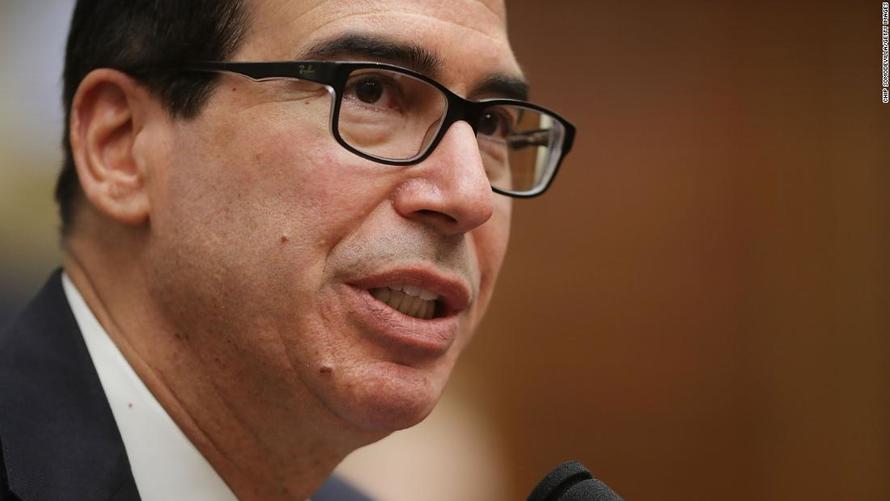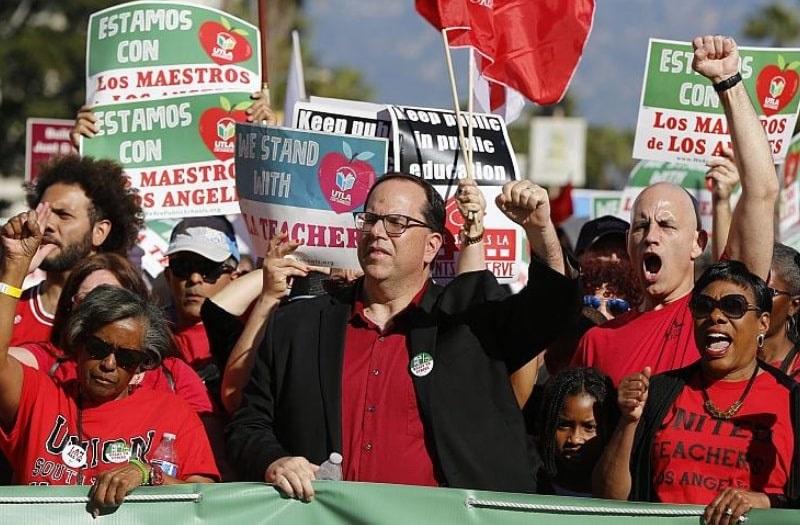The Southern Poverty Law Center has been sued by an immigration watchdog group after the left-leaning arbiter of social justice labeled it a “hate group,” reports the Washington Times.
The Center for Immigration Studies says the SPLC’s accusations that it is racist and anti-immigrant are wrong and have cost the nonprofit support and financial backing by scaring people away from doing business with the center.
The center brought its challenge to U.S. District Court for the District of Columbia by filing a civil complaint under the Racketeer Influenced and Corrupt Organizations (RICO) Act against SPLC President Richard Cohen and Heidi Beirich, who runs the group’s Hatewatch blog. –Washington Times
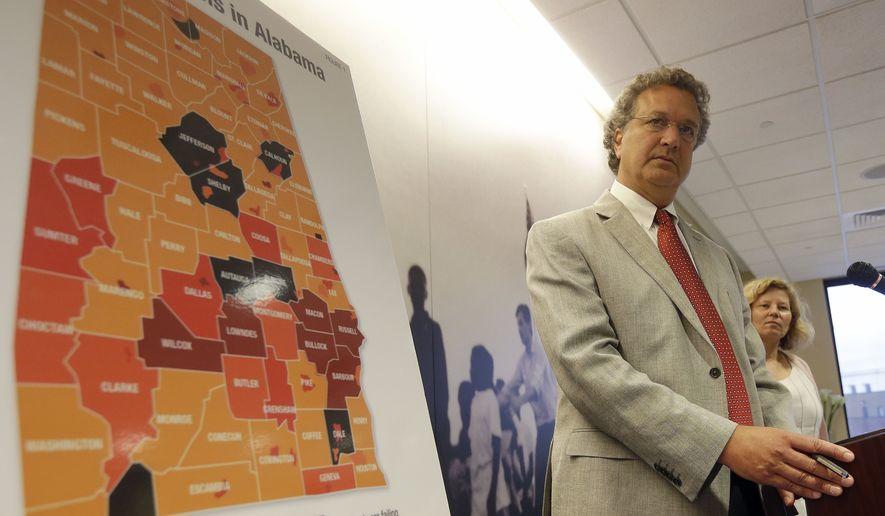
Center for Immigration Studies Executive Director Mark Krikorian asserts that his organization doesn’t meet the SPLC’s definitaion of a hate group, and their decision to continue labeling it as such is evidence of the racket.
“SPLC and its leaders have every right to oppose our work on immigration, but they do not have the right to label us a hate group and suggest we are racists,” said Krikorian. “The Center for Immigration Studies is fighting back against the SPLC smear campaign and its attempt to stifle debate through intimidation and name-calling.”
The SPLC defines hate groups as organizations whose official statements or activities “attack or malign an entire class of people, typically for their immutable characteristics.”

Krikorian says that doesn’t apply to the Center for Immigration Studies – whose motto is “pro immigrant, low immigration,” and which makes the case for “fewer immigrants but a warmer welcome for those admitted.” He adds that the Supreme Court holds that simply being an immigrant is not an immutable characteristic, so maligning them doesn’t qualify as hate either way.
Last June the SPLC settled for $3.375 million and issued a public apology after including former Islamic radical named Maajid Nawaz in the group’s “Field Guide to Anti-Muslim Extremists.”
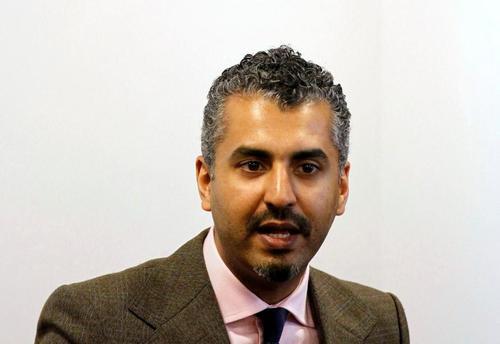
Since abandoning Islamic radicalism, he has advised three British prime ministers and created the Quilliam Foundation, to fight extremism. He is not anti-Muslim. He is a Muslim and has argued that “Islam is a religion of peace.”
So how did he end up in the SPLC’s pseudo-guide to anti-Muslim bigots? His crime, apparently, is that he has become a leading critic of the radical Islamist ideology he once embraced. Thanks to his courage, the SPLC has been forced to pay a multimillion-dollar penalty and acknowledge in a statement that it was “wrong” and that Nawaz has “made valuable and important contributions to public discourse, including by promoting pluralism and condemning both anti-Muslim bigotry and Islamist extremism.” –Washington Post
In June, PJ Media reported that no fewer than 60 organizations and 47 nonprofit leaders are considering lawsuits against the SPLC for similar smears by the radical left-wing organization.
“We, the undersigned, are among the organizations, groups and individuals that the Southern Poverty Law Center (SPLC) has maligned, defamed and otherwise harmed by falsely describing as ‘haters,’ ‘bigots,’ ‘Islamophobes’ and/or other groundless epithets,” the signatories declared. “We are gratified that the SPLC has today formally acknowledged that it has engaged in such misrepresentations.”
“Journalists who uncritically parrot or cite the SPLC’s unfounded characterizations of those it reviles do a profound disservice to their audiences,” the signatories added.
Meanwhile, as the Daily Caller noted last year, the SPLC is widely relied upon by Silicon Valley social media platforms to police “hate speech.”
Four of the world’s biggest tech platforms have working partnerships with a left-wing nonprofit that has a track record of inaccuracies and routinely labels conservative organizations as “hate groups.”
Facebook, Amazon, Google and Twitter all work with or consult the Southern Poverty Law Center (SPLC) in policing their platforms for “hate speech” or “hate groups,” a Daily Caller News Foundation investigation found.
The SPLC is on a list of “external experts and organizations” that Facebook works with “to inform our hate speech policies,” Facebook spokeswoman Ruchika Budhraja told TheDCNF in an interview.
…
Of the four companies, Amazon gives the SPLC the most direct authority over its platform, TheDCNF found.
While Facebook emphasizes its independence from the SPLC, Amazon does the opposite: Jeff Bezos’ company grants the SPLC broad policing power over the Amazon Smile charitable program, while claiming to remain unbiased.
“We remove organizations that the SPLC deems as ineligible,” an Amazon spokeswoman told TheDCNF.
Amazon grants the SPLC that power “because we don’t want to be biased whatsoever,” said the spokeswoman, who could not say whether Amazon considers the SPLC to be unbiased. –Daily Caller
In fact, Apple pledged $1 million to the organization, while J.P. Morgan has given the group $500,000. “Companies like Lyft and MGM Resorts have partnered with the group, while Pfizer, Bank of America, and Newman’s Own have each contributed over $8,900 to the SPLC in recent years,” according to the PJ Media report.
via RSS http://bit.ly/2FL0rdU Tyler Durden


